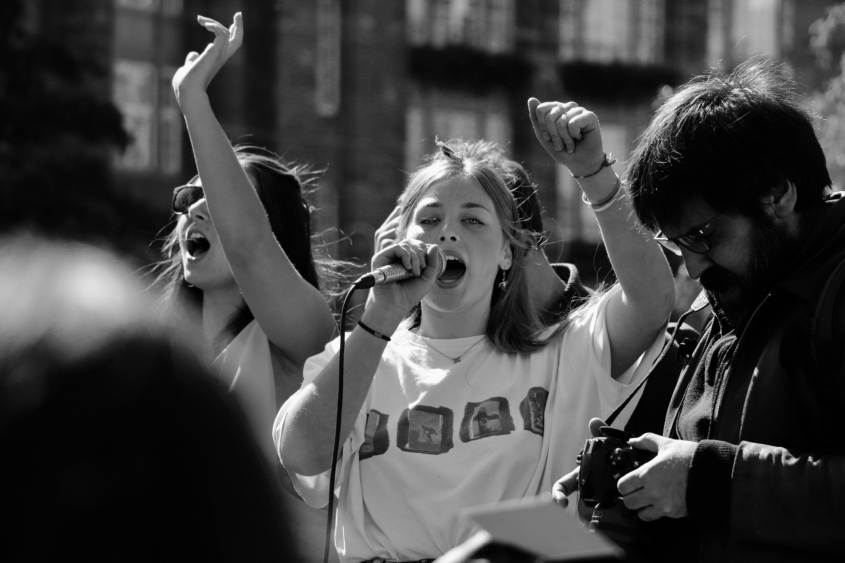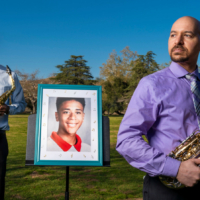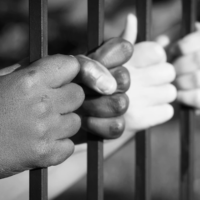Measuring the Trump Era’s Impact on Adolescents’ Sociopolitical Growth
A new paper co-authored by Laura Wray-Lake, associate professor of social welfare, measures the impact of former President Donald Trump’s early months in office on the sociopolitical development of American adolescents. Published today in the journal Child Development, the paper found that adolescents translate what they observe in the political world around them through the lens of their existing beliefs. The study shows that growing divisions in society are also evident among the nation’s youth. The authors, including Wray-Lake, researcher Danielle Dunn and doctoral student Jason Plummer, examined whether approval, disapproval or having no opinion of Trump in 2017 predicted shifts in sociopolitical development in 2018. Using a sample of 1,433 students in 9th through 12th grades who were racially, ethnically, geographically and politically diverse, the researchers measured experiences of marginalization, critical analysis of race and inequality, deliberation skills, and intended and actual political actions. “Youth who disapproved of Trump, especially Latinx youth, felt targeted and marginalized, likely as a product of Trump’s hostile rhetoric and policies toward multiple groups including Latinx immigrants,” the authors wrote. “Meanwhile, young supporters of Trump showed less awareness of inequality and placed less value on racial equality and diversity, suggesting that they may be adopting values and beliefs of like-minded political leaders.” The study also found that both supporters and detractors of Trump increased their capacity to engage politically compared to youth with no opinion. The authors noted that the study is relevant beyond the Trump years, as it offers a reminder that many adolescents are actively paying attention to politics.










Leave a Reply
Want to join the discussion?Feel free to contribute!